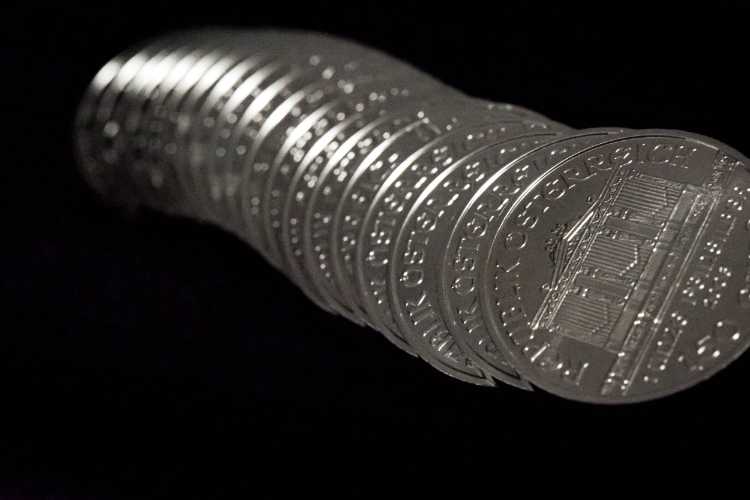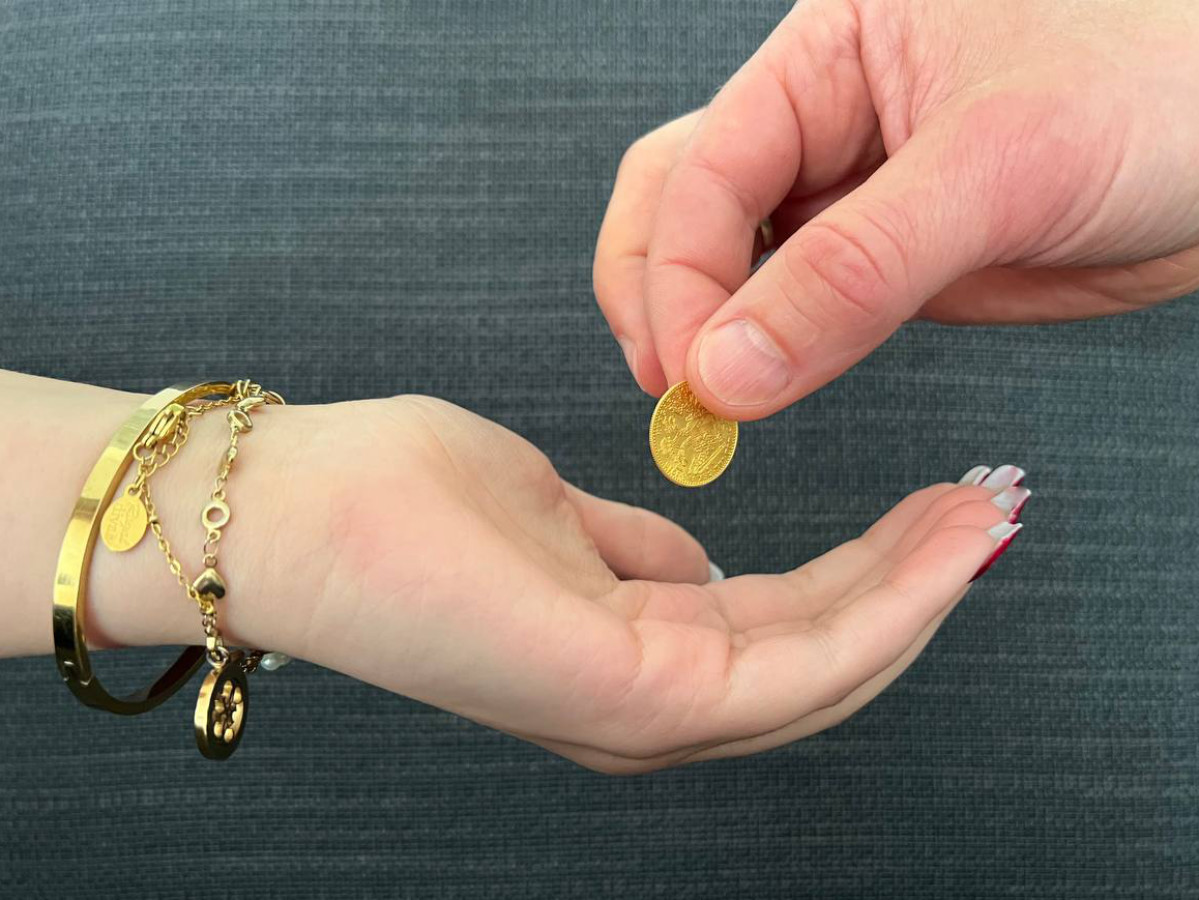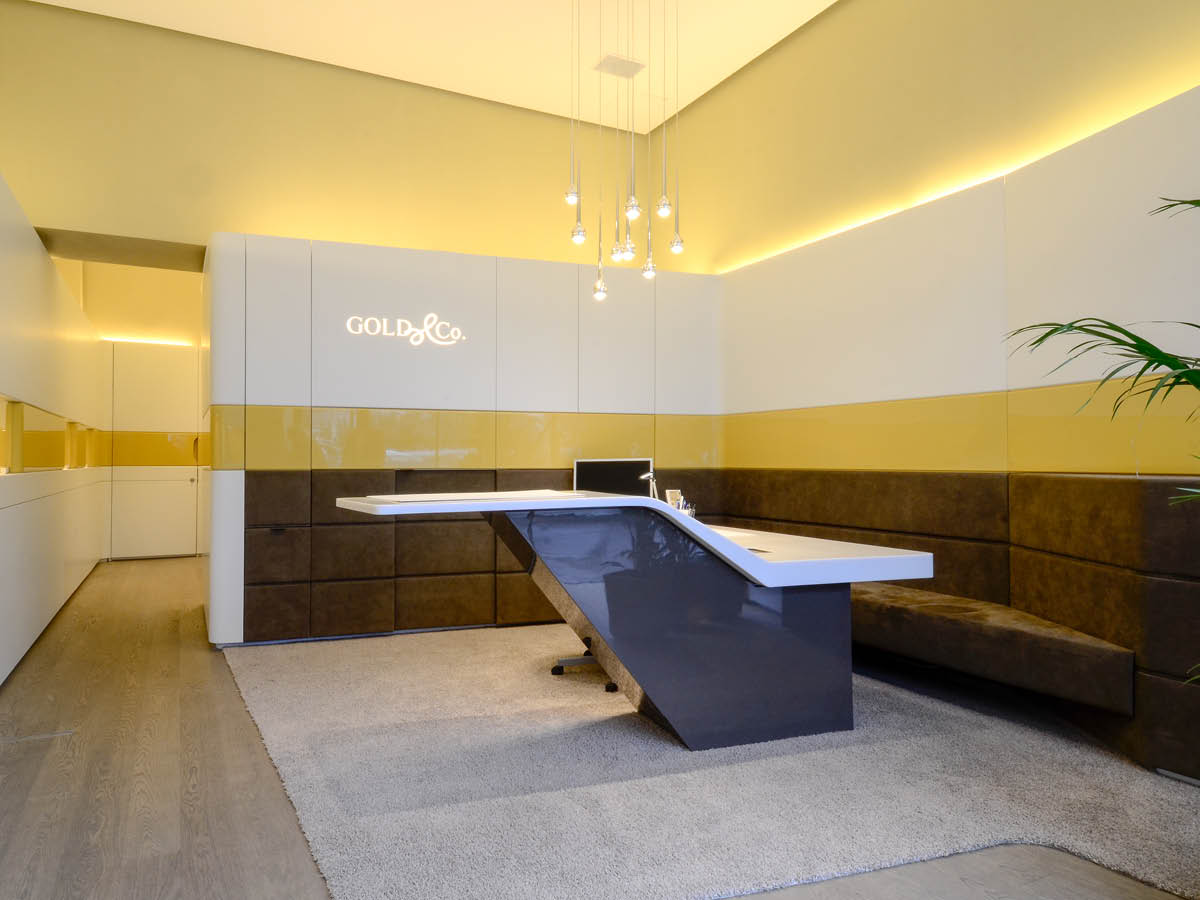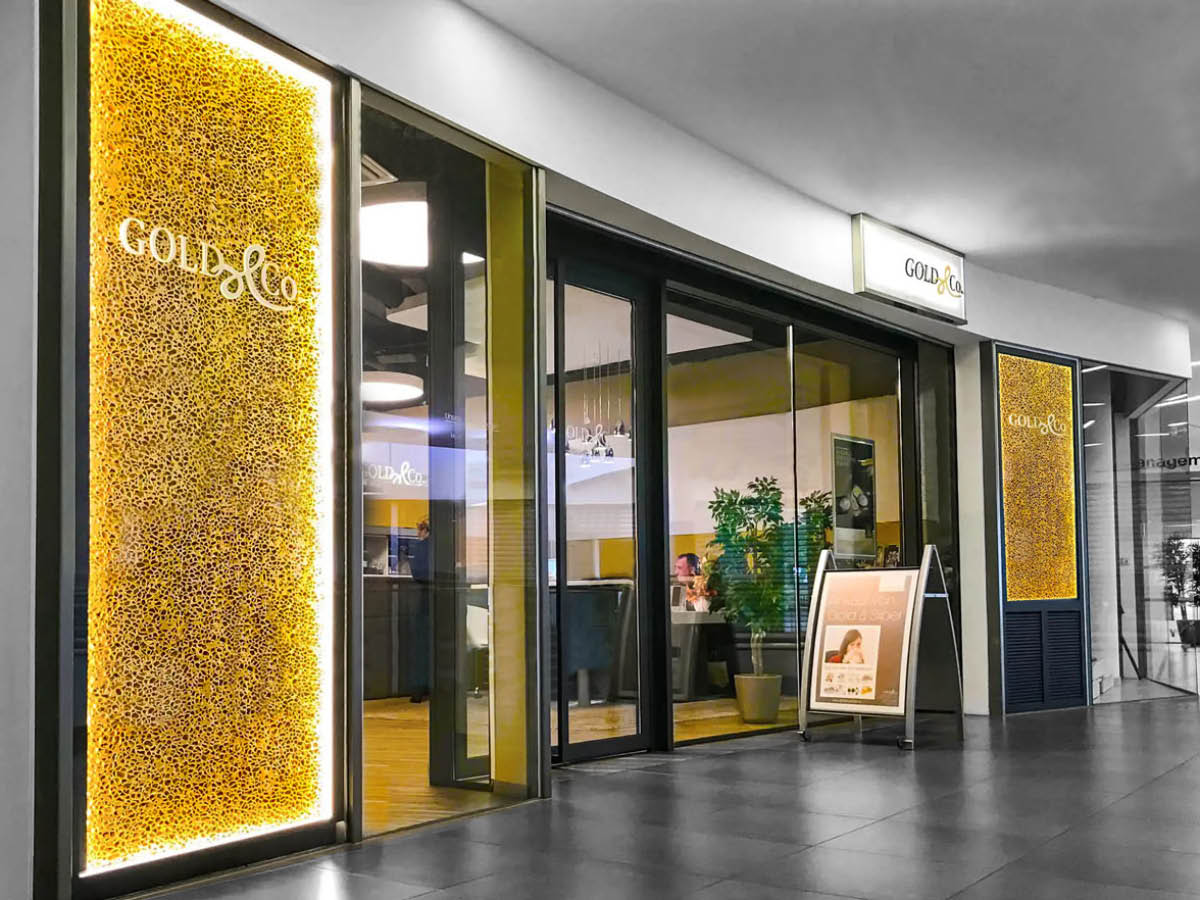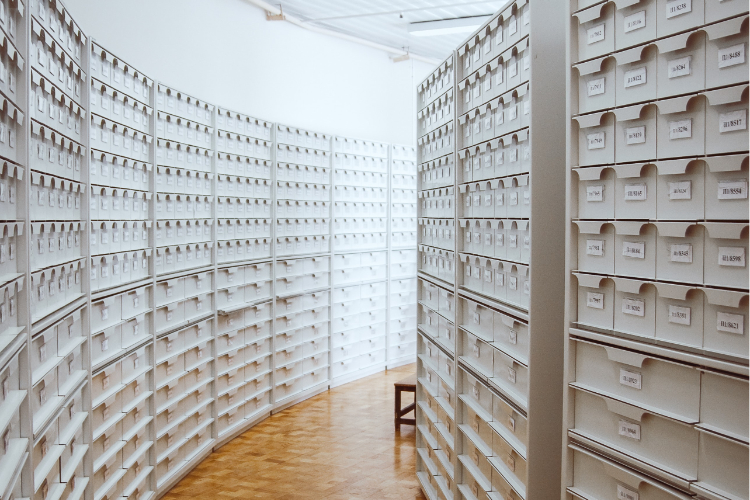
Im Rahmen des Kampfs gegen Geldwäsche, Terrorfinanzierung, Steuerhinterziehung, usw. kommen beinahe im Jahresrhythmus neue Einschränkungen, Begrenzungen und Regulierungen.
Zuletzt machte 2021 der Plan zur Einführung eines EU-Vermögensregister Schlagzeilen. Dabei wäre ein solches nur der nächste logische Schritt in Richtung finanzieller Totalüberwachung und Entmündigung der Bürger. Nutzen Sie daher aktuell geltende Freigrenzen, um sich mit Edelmetallen eine gewisse finanzielle Freiheit zu erhalten.
EU-Vermögensregister: Des Bürgers gläserne Finanzen
Bereits im letzten Jahr beauftragte das EU-Parlament eine Machbarkeitsstudie für ein europäisches Vermögensregister. Das Ziel eines solchen Vermögensregisters sei es Transparenz zu schaffen und damit ein weiteres Mittel im Kampf gegen Geldwäsche, Steuerhinterziehung und Terrorfinanzierung zu haben.
Neben der Verknüpfung bestehender nationaler Vermögensregister, soll geprüft werden, ob neue Datenbanken geschaffen werden können. Daneben wird auch aufgezählt, welche Vermögenswerte in einem solchen Register dokumentiert sein sollten.
Neben Grundbucheintragungen, Immobilien, Auszügen aus Handelsregister und Informationen über Stiftungen, wird dabei auch explizit das „Eigentum an anderen Vermögenswerten wie Kunstwerken, Kryptowährungen , Immobilien und Gold“ erwähnt.
Zwar ruderte die EU-Kommission im Herbst zurück und verwies darauf, dass die Kommission selbst ein solches Register nicht für notwendig erachte. Jedoch würde die Einführung eines Vermögensregisters sich lückenlos in das Gesamtbild einer fortschreitenden finanziellen Entmündigung der Bürger einreihen.
Fortschreitende finanzielle Überwachung
Ein Vermögensregister, in dem die Vermögensverhältnisse aller Bürger einsehbar sind, darf als logischer nächster Schritt in Richtung finanzielle Totalüberwachung gesehen werden:
Nur zur Erinnerung, welche Einschränkungen den Bürgern in den letzten Jahren unter dem Vorwand Terrorismus- und Geldwäsche-Bekämpfung aufgeladen wurden: Abschaffung des 500-Euro-Scheins, Zentrales Kontenregister, Senkung der Anonymitätsgrenze auf 10.000 Euro, Aus für anonyme Schließfächer, zentrales Register Wirtschaftlicher Eigentümer, Einschränkungen für Kryptowährungen,…
Dazu kommt der permanente Druck die Verwendung von Bargeld immer weiter zu reduzieren. In vielen EU-Staaten gibt es bereits konkrete Bargeldbeschränkungen: In Frankreich etwa dürfen etwa lediglich 1.000 Euro, in Spanien maximal 2.500 Euro, in Belgien höchsten 3.000 Euro in bar – und damit ohne Identitätsprüfung – den Besitzer wechseln.
Und auch Banken und Finanzindustrie drängen immer stärker auf digitale, bargeldlose Zahlung, nicht nur weil dies für sie billiger ist. Auch Dinge wie Negativzinsen lassen sich viel leichter durchsetzen, wenn es nur mehr digitales Geld gibt.
Alles Entwicklungen, die auf eines hinführen: Im Bedarfsfall zu wissen, wer was und wieviel davon wo besitzt. Man braucht keine blühende Fantasie, um sich auszumalen eine solche welche Möglichkeiten das Staat und Banken geben würde. Verknüpft mit anderen Daten wird der Bürger immer mehr zum gläsernen Menschen, der so transparent ist, dass Unternehmen und Staat besser über uns Bescheid wissen als jedem von uns lieb sein kann. Eine Handhabe gegen die finanztechnische Willkür von Regierungen und Finanzindustrie hätte der einfache Bürger dann wohl kaum mehr.
Vermögensregister in Österreich
Bei uns im traditionell bargeld- und goldfreundlichen Österreich herrscht zum Glück auch in offiziellen Stellen, wie Finanzministerium und Nationalbank, noch eine große Bereitschaft allzu strenge Restriktionen, etwa bei der Anonymitätsgrenze beim Edelmetallkauf oder bei Bargeldbegrenzungen abzulehnen.
Ob sich das kleine Österreich aber allein gegen den europäischen Trend der Bargeldrestriktionen und Bargeldverkehrskontrollen stellen kann, bleibt abzuwarten. Denn der Druck seitens der EU ist jedoch selbstredend groß. Angesichts der vielen anhaftenden Schulden, die gemacht wurden auch kein Wunder.
Noch bis 10.000 Euro anonym Gold kaufen
Aktuell können in Österreich im Rahmen sogenannter Tafelgeschäfte noch immer Gold und andere Edelmetalle bis zu einem Wert von 9.999 € völlig anonym, ohne die Angabe persönlicher Daten, gekauft werden.
Übersteigt die die Höhe der Transaktion diesen Wert sind Edelmetallhändler jedoch gesetzlich verpflichtet die Daten ihrer Kunden zu erfassen, diese sieben Jahre aufzubewahren und auf behördliche Anfrage auszuhändigen.
Dass es auch in Österreich zu einer weiteren Senkung Anonymitätsgrenze kommt – in anderen Ländern, etwa Deutschland, liegt sie deutlich niedriger – kann aktuell niemand ausschließen. Wir empfehlen daher jedem, der Wert auf eine gewisse Anonymität beim Goldkauf legt, die aktuelle Freigrenze von 10.000 Euro pro Kalenderjahr auch zu nutzen.
Als seriöser Händler zeigen wir Ihnen auf, welche Möglichkeiten es gibt und welche Vorteile Edelmetalle heutzutage für Anleger bieten. Darüber hinaus sichern wir Ihnen beim Gold oder Silber kaufen in Form von Barren oder Münzen eine faire und diskrete Abwicklung zu.



